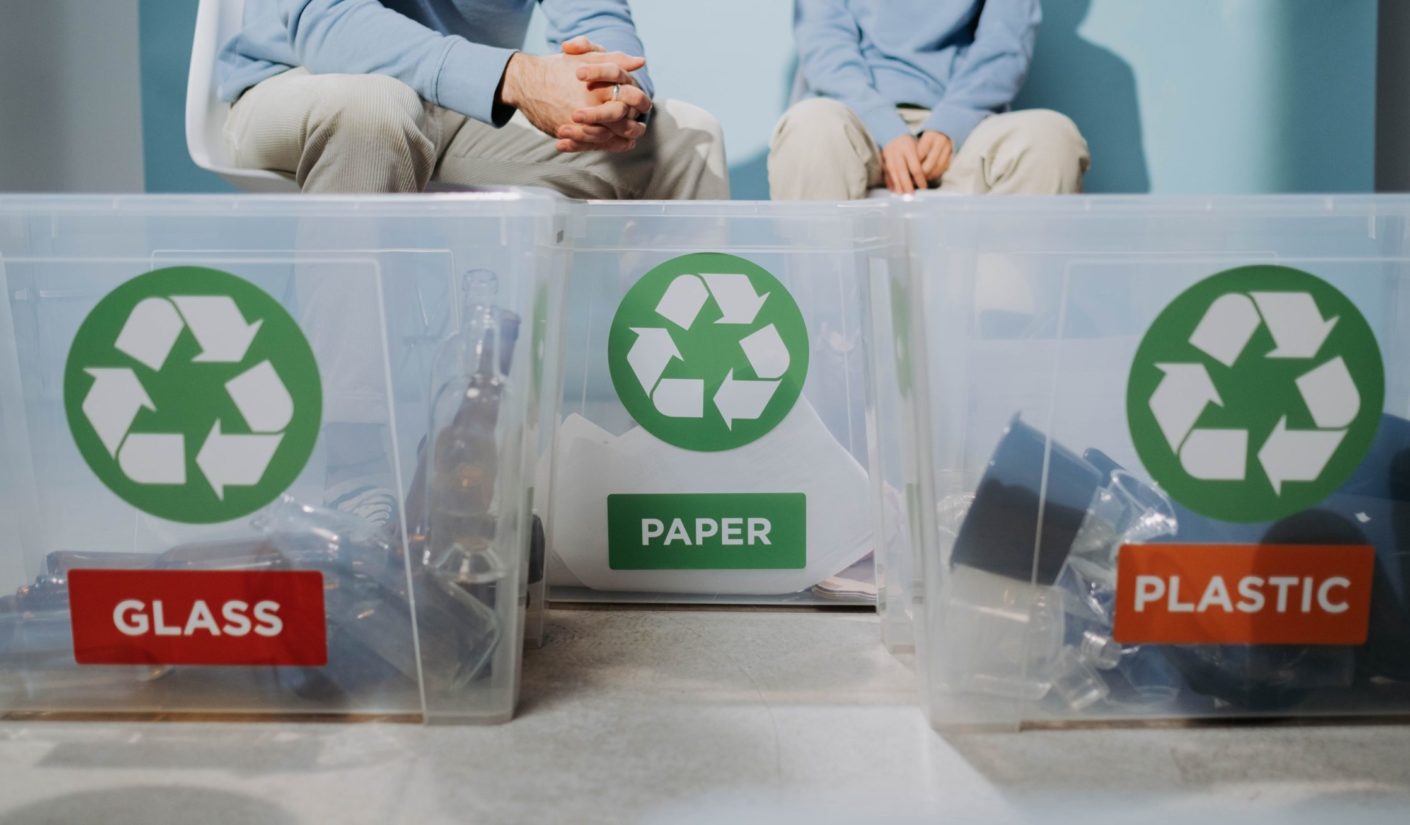On average, in Geneva, each person produces about 568kg of waste per year. In order to avoid wasting resources, it is important to properly sort all waste that can be sorted. To make it easier for you, here is a few tips:
If you do not want to spend to much time at the sorting centre, get bins with compartments. Bags or boxes can also be used. With this, you will have already sorted the rubbish at home and all you have to do is empty the bag into the relevant container.
For the kitchen waste, equip yourself with a dedicated bin. Inhabitants of Geneva’s communes can obtain one called “la P’tite Poubelle Verte” from the town hall. This special bin allows the collection of kitchen waste without odours. For optimal efficiency, do not block the holes, empty it regularly, store it in a cool place, if possible in the shade and outside, and clean it from time to time. Once the bag is full, put it in the container for kitchen waste.
Which waste to sort?
PET:
Every bottles with the PET logo are sorted in the intended container at the sorting center or in the building’s container. Attention, milk bottles and cleaning product bottles are not sorted in the PET container, they must be returned to the point of sale.
Glass:
Bottles, flasks and all jars must be sorted with the glass according to their colours. Attention, the lids of the jars should be sorted with the aluminum.
Aluminum:
Regarding aluminum, aluminum foil, cans, trays, beverage caps and tin cans should be sorted.
Paper and cardboard:
Sheets, newspapers, cardboard, envelopes and magazines should be sorted in the paper and cardboard container.
In the kitchen:
Sort the peelings, coffee, tea, flat and balcony plants, leftover raw or cooked food, egg shell and wilted flowers in you dedicated waste bin. Be sure to use a compost bag and not a plastic bag.
In the garden:
Branches, grass, fallen leaves, crop residues wilted flowers and pot plants need to be sorted.
Find all our information in the news section of our website.

